| Dickens’ David Copperfield brought to contemporary South Virginia is a worthy winner of both the Pulitzer and Women’s Prize. It’s a story of inequalities, addiction, child protection failures and attachment to community and land. Demon’s voice grabbed me from the first page and never let go and the tragedies of his early childhood – kidult mother; dead-end education; foster carers starving the children and working them like slaves – wrenched my heart. True to the source material, it’s not totally bleak: people do care for Demon, although not always with the power to put things right. |
Welcome
I started this blog in 2013 to share my reflections on reading, writing and psychology, along with my journey to become a published novelist. I soon graduated to about twenty book reviews a month and a weekly 99-word story. Ten years later, I've transferred my writing / publication updates to my new website but will continue here with occasional reviews and flash fiction pieces, and maybe the odd personal post.
|
7 Comments
Both these recent reads have complex family dynamics at the centre, while addressing wider political issues in very different ways. In the first, we follow a middle-class Asian family forced to migrate from Uganda to Britain on the whim of a tin-pot dictator; in the second, three siblings re-enact their childhood rivalries around their mother’s deathbed as bushfires envelop their country and the world colludes in its own extinction.
As night arrives ever earlier across the northern hemisphere, and Europe returns to lockdown, there could hardly be a better time to curl up with a book. If you have a UK address, you can enter a competition to win a signed copy of one of my novels and five other novels I’ve read and enjoyed.
I’ve recently read two novels about women whose damaging childhoods lead to adult relationships where they can’t manage to separate psychologically from someone who fails to meet their needs. In the first, a French translation, the enmeshed relationship is with a man who is less than a partner but more than a friend. The second, set in India, centres on a toxic mother-daughter relationship, a common theme in my reading and writing, which has sparked this week’s 99-word story.
It is a truth universally acknowledged that a mother in fear of penury will sacrifice a daughter in marriage to a man she does not love. Jane Austen famously satirised such mothers two centuries ago; Janice Hadlow’s debut novel gives Mrs Bennet’s unloved middle daughter Mary a makeover in similar style. Angie Cruz, while perhaps not intentionally channelling Pride and Prejudice, draws on the painful mother-daughter dynamic in her Women’s Prize longlisted novel about 1960s migration to New York from the Dominican Republic.
What happens when childlessness develops from being a personal matter to a problem for society as a whole? In Margaret Atwood’s imagined Gilead an alarming drop in the live birth rate calls for Draconian measures, building a society where a woman’s mind and body are subservient to her reproductive potential. In Perumal Murugan’s rural South India, childlessness is a threat to the established order, with friends and neighbours pitching in with advice and criticism, indifferent to the infertile couple’s private grief.
Fictional writers can be tricky on the page; sometimes I suspect a character’s assigned the job because the author’s unfamiliar with more run-of-the-mill kinds of work. But, like anything else that’s slightly iffy, if you’re going to go for it, it’s best to go for it big time. That’s what Irish writer John Boyne does with his larger-than-life antihero Maurice Swift and American Andrew Sean Greer with “failed novelist” Arthur Less, both simultaneously managing to address the wider issues of human vanity and what constitutes a well-lived life.
As the first African-American president approaches the end of his two terms of office, the politics of the creature waiting to replace him send shivers down many a spine. So timely to remind ourselves how western wealth was built on the trade in human beings with two novels about the slave trade between Africa and America and its aftermath. It’s not an easy subject to write – or read – about and, although I’ve read a couple of good ones (Blonde Roots by Bernadine Evaristo and Property by Valerie Martin come to mind, but there may be others), I believe these are the first I’ve reviewed.
 Although, like many writers, I find autumn to be the best time to tackle major writing projects, I’ve never yet been tempted to register for National Novel Writing Month. For me, the pace is too fast and the outcome too limited, but there’s nothing to stop me joining in informally, which is what I decided to try two years ago. Starting with three character sketches and a rough idea of the main plot points, I averaged a thousand words a day from the beginning of November onwards and surprised myself with a rough first draft of just under 80,000 words by the middle of January.
|
entertaining fiction about identity, mental health and social justice
Annecdotal is where real life brushes up against the fictional.
Annecdotist is the blogging persona of Anne Goodwin:
reader, writer, slug-slayer, tramper of moors, recovering psychologist, struggling soprano, author of three fiction books. LATEST POSTS HERE
I don't post to a schedule, but average around ten reviews a month (see here for an alphabetical list), some linked to a weekly flash fiction, plus posts on my WIPs and published books. Your comments are welcome any time any where. Get new posts direct to your inbox ...
or click here …
Popular posts
Categories/Tags
All
Archives
March 2024
BLOGGING COMMUNITIES
|
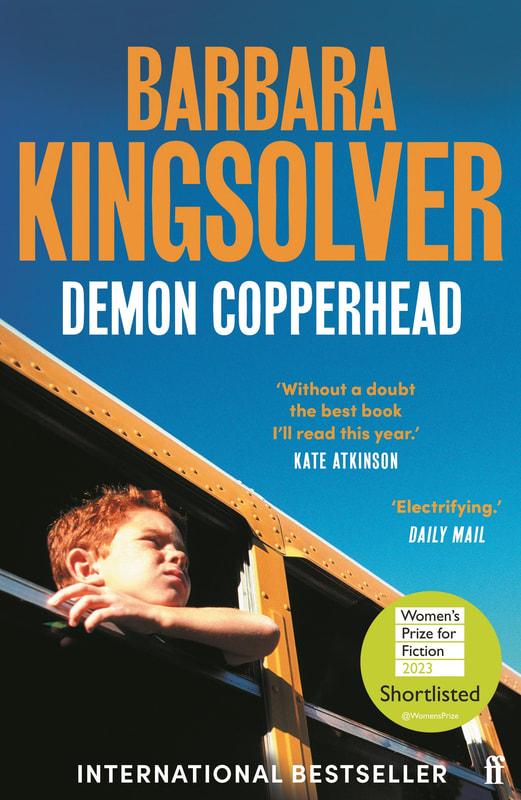
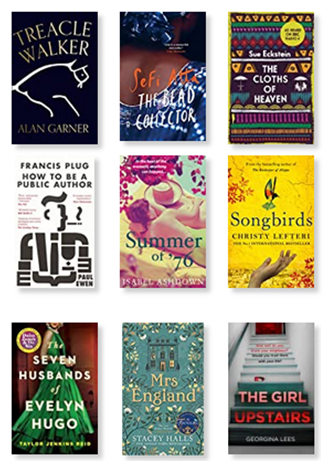
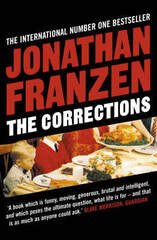
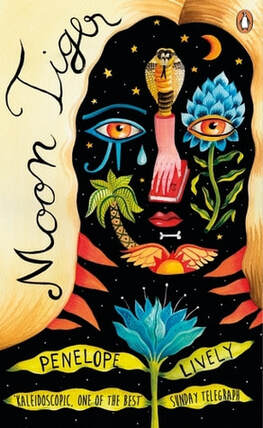
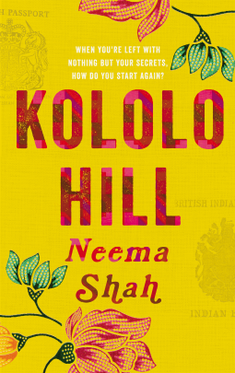
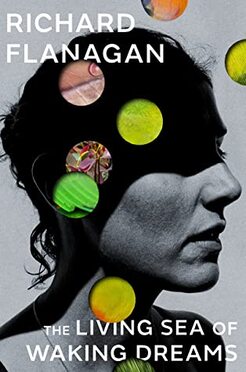

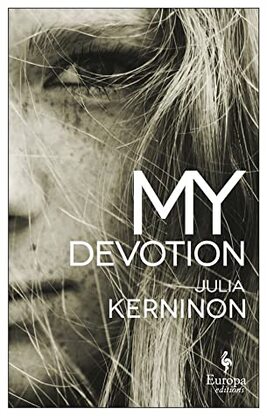

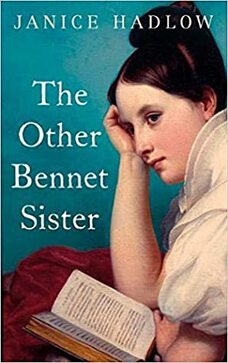
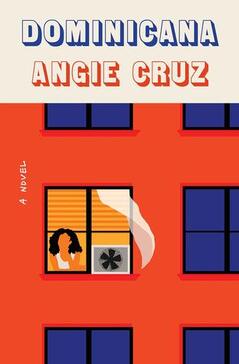
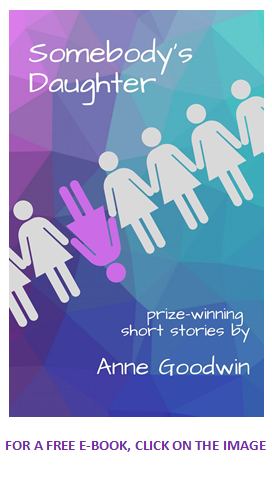
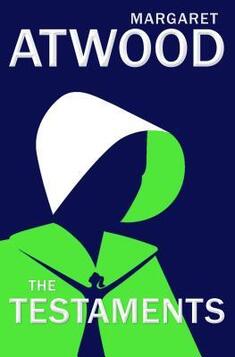
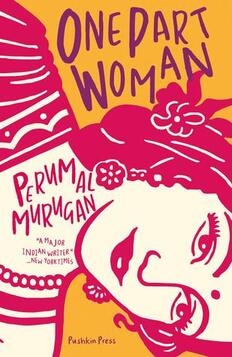
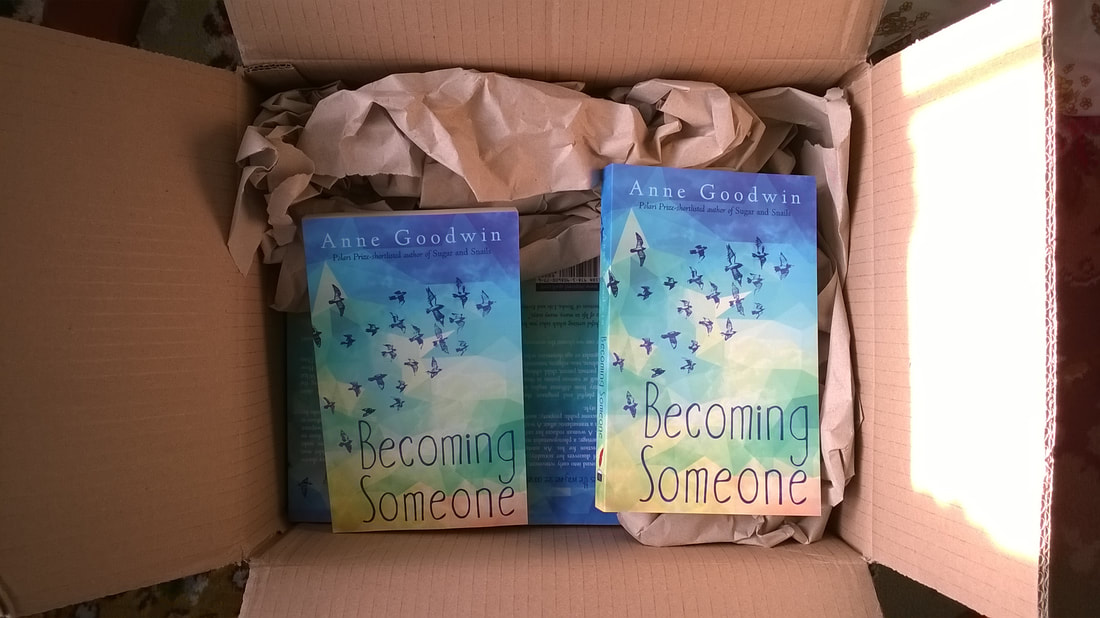
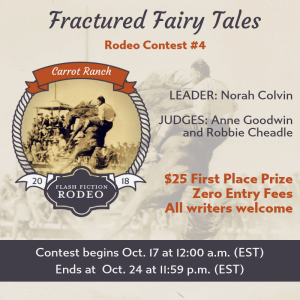
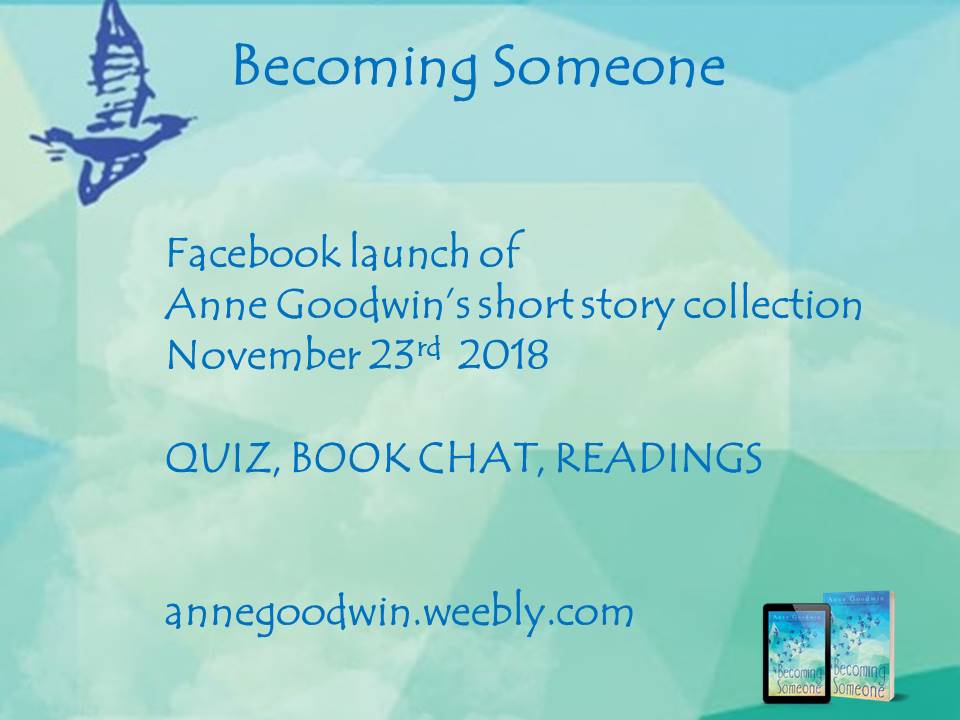
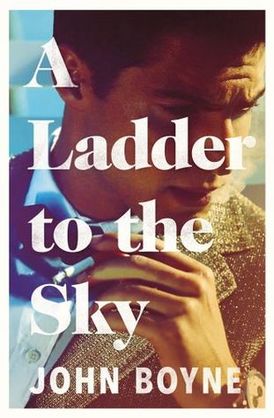
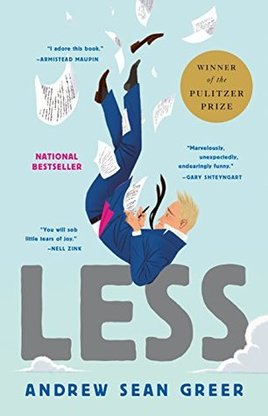
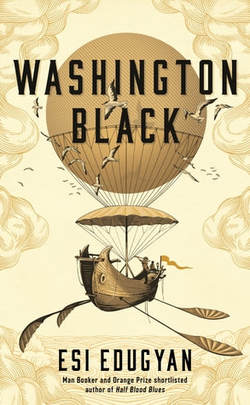




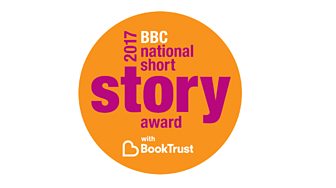

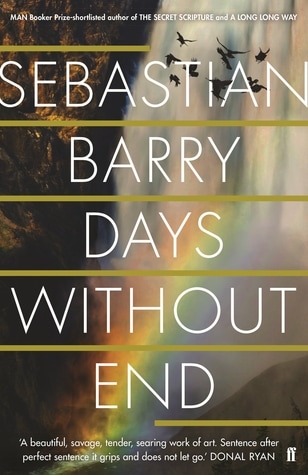
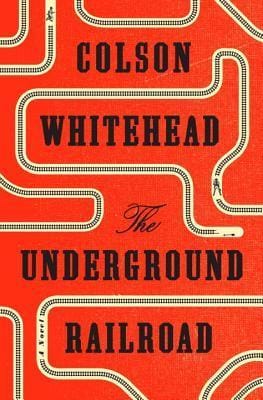

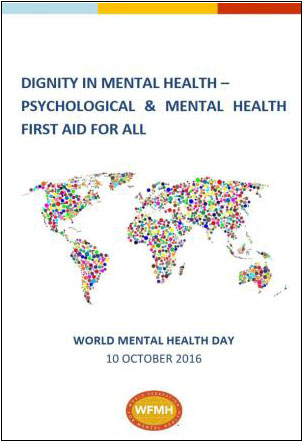
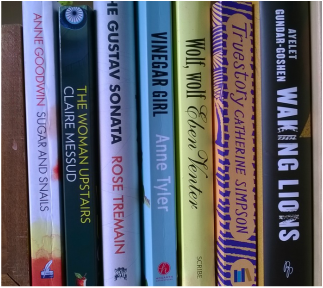





















 RSS Feed
RSS Feed





















